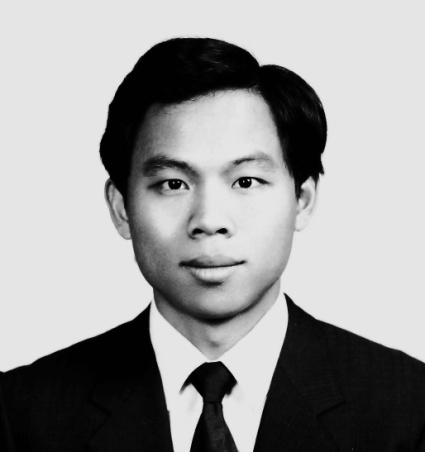Submission Deadline: 15 August 2025 (closed) View: 6051 Submit to Journal
Prof. Chang Wu Yu
Email: cwyu@chu.edu.tw, james.cwyu@gmail.com
Affiliation: Department of Computer Science and Information Engineering, Chung Hua University, Hsinchu, 300046, Taiwan
Research Interests: Wireless networks, Algorithm design

Solving some optimization problems (especially NP-hard problems) by traditional algorithmic approaches can be difficult in an efficient way or even impossible in practice. However, by applying bio-inspired algorithms, it is possible to solve these optimization problems with high-quality solutions and acceptable time. Bio-inspired algorithms is an emerging paradigm which is based on the principles of the biological evolution of nature to develop novel techniques in diverse fields including computer sciences and engineering.
Finding the optimal solution to an optimization problem may not be easy. Moreover, which bio-inspired algorithm should be chosen to solve a specific optimization problem must also depend on the characteristics of the problem itself. How to quickly find an acceptable solution or generate the best solution poses important challenges to the design, analysis and application of bio-inspired algorithms.
This special issue intends to collect the advanced high-quality original papers and review articles related to novel bio-inspired algorithms with applications. We also welcome articles focusing on the analysis and theory of hybrid bio-inspired optimization algorithms, as well as performance comparison between different bio-inspired algorithms.
Topics include but are not limited to the following:
· Bio-inspired algorithms, such as genetic algorithms, evolutionary algorithms, particle swarm optimization, ant colony optimization, plant-based algorithms, and differential evolution
· Analysis and comparison of existing bio-inspired algorithms
· Theoretical analyses of bio-inspired algorithms
· New applications of bio-inspired algorithms
· Brain-inspired algorithms
· Hybrid bio-inspired algorithms
· Parallel and distributed bio-inspired algorithms


 Submit a Paper
Submit a Paper Propose a Special lssue
Propose a Special lssue